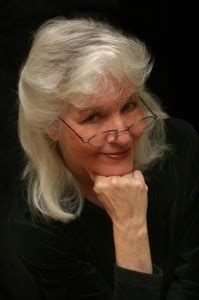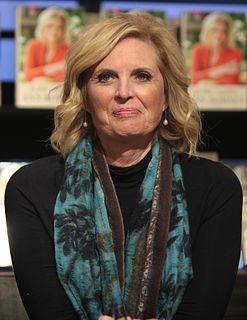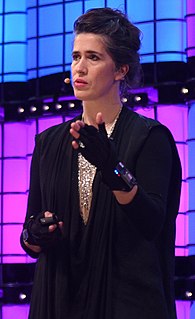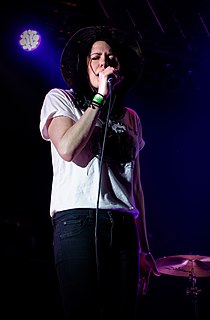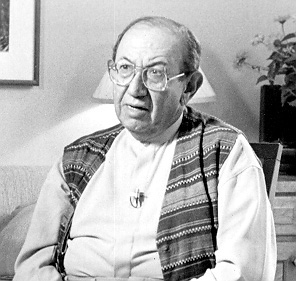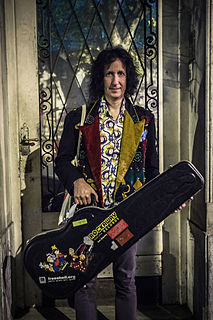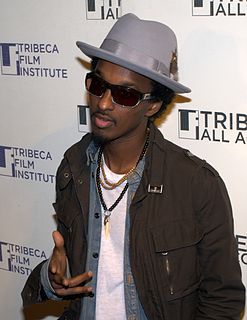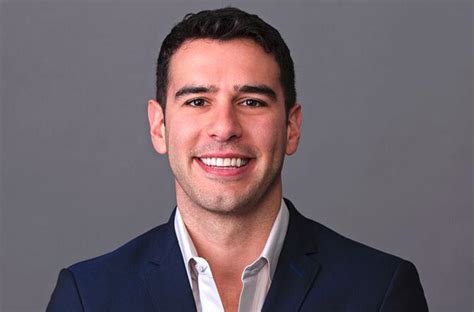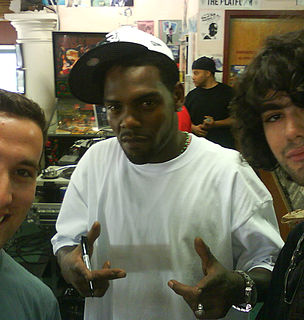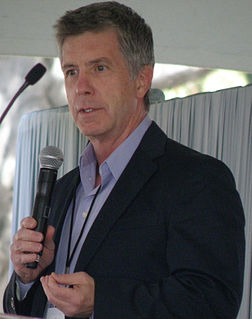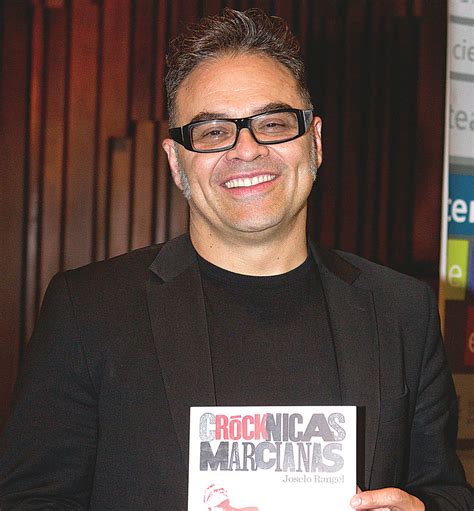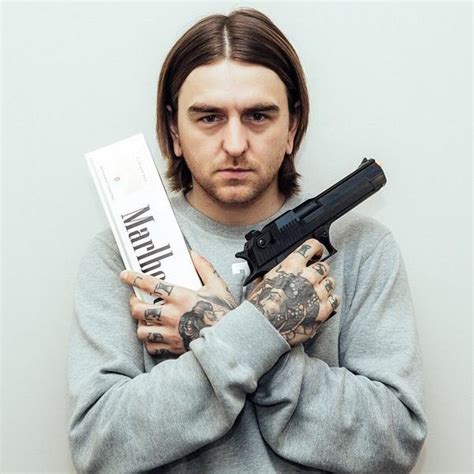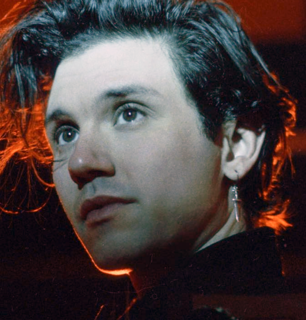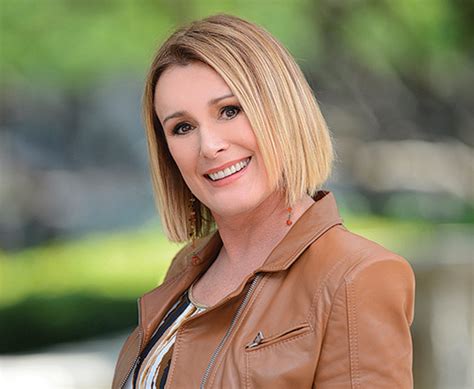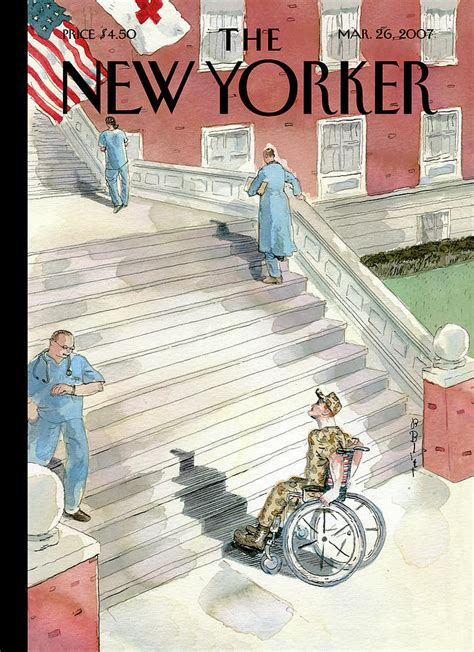Top 864 Labels Quotes & Sayings - Page 13
Explore popular Labels quotes.
Last updated on April 17, 2025.
Record labels, which used to have complete control, are essentially irrelevant. The process of a band exposing itself to the world is extremely democratic and there are no barriers. Music is no longer a commodity, it’s an environment, or atmospheric element. Consumers have much more choice and you see people indulging in the specificity of their tastes dramatically more. They only bother with music they like.
If the aim is to keep "Christ" in the shopping-mall Christmas or to ensure that pagan trees and mistletoe don't lose their Christian labels, then it might make sense to attack presidents and business owners who commit the "happy holiday" sin. But if the goal is to restore the religious meaning of the Christian holy day, then they are aiming at the wrong Target.
Naming is like putting a stamp on something and fixing it. A kind of formaldehyde sort of fixation, but it becomes dead, sitting there forever, frozen. So, I'm not a great one for these modernist, post modernist, post colonial labels. I think they serve certain purpose. You do need some kind of sign post here and there, but it can also become an end in itself.
In the range of things toddlers have to learn and endlessly review--why you can't put bottles with certain labels in your mouth, why you have to sit on the potty, why you can't take whatever you want in the store, why you don't hit your friends--by the time we got to why you can't drop your peas, well, I was dropping a few myself.
The music industry has completely restructured itself in the last couple of years because it hasn't been making money. Labels are signing bands they trust as artistic entities, instead of cash cows. They're signing bands because they believe that the bands have tastes beyond anything they could concoct themselves.
It strikes me as hubris that Universal will buy EMI. What it will do is create a super-major that will have far too much power... I think when Universal goes up over 40 percent market share, I don't see how reasonable regulators can countenance. It will impact not just labels, but artists and cultural diversity.
For some reason which I have failed to understand, many people like the system [scientific totalitarianism] when it is Russian but disliked the very same system when it was German. I am compelled to think that this is due to the power of labels; these people like whatever is labelled ‘Left’ without examining whether the label has any justification.
I think record cover sleeves really led towards, but at the same time the album as we know it didn't come into being until mainly after the Second World War because record labels realized they'd be able to make a lot more money putting all the singles of an artist onto one album and selling the whole album as a kind of a concept.
I feel it's very important to remove labels; the progress in fashion will be when people completely cut out the words 'plus size' from their vocabulary and accept that women come in many sizes - especially over a size 4. Once that happens, I feel as though inclusiveness of body type will finally start happening.
The label 'liberal' or 'conservative,' any - every time I hear that, I think of the great Gilbert and Sullivan song from 'Iolanthe.' It goes, 'Every gal and every boy that's born alive is either a little liberal or else a little conservative.' What do those labels mean? It depends on whose ox is being gored.
Whatever happens, whatever you experience, feel, think, do - it's always now. It's all there is. And if you continuously miss the now - resist it, dislike it, try to get away from it, reduce it to a means to an end, then you miss the essence of your life, and you are stuck in a dream world of images, concepts, labels, interpretations, judgments - the conditioned content of your mind that you take to be yourself.
If consumers weren't thinking this way, companies would be a lot less responsive. Right now, consumers don't really have a way to get information about where exactly their clothing is coming from - that's a barrier. We have labels on your eggs, "cage-free hens." They need to get something along those lines to allow the consumer to discriminate.
I've been on a major label for 14 years. I've always wanted as many people as possible to hear my music, and it definitely made sense for the majority of my career to be on a major label, on a distribution level, to be in people's faces and be out there, and have access to major labels' incredible machine, even though they have not understood or haven't been invested in what I was doing.
The human psyche has two great sicknesses: the urge to carry vendetta across generations, and the tendency to fasten group labels on people rather than see them as individuals. Abrahamic religion gives strong sanction to both-and mixes explosively with both. Only the willfully blind could fail to implicate the divisive force of religion in most, if not all, of the violent enmities in the world today.
I think it's because we're not purists, we're open to all kinds of music. We're not afraid to take chances and we work really hard, and we gig relentlessly, we've been very active in the studio, we're active with the record labels that we have. So I think it's like a full-on assault. We've stalled in many different directions and it kept us in the limelight for so many years.
I think the thing you're seeing now with the music industry is that the people who have tight-knit communities are now able to really hold each other up because of the internet tools. And the really top-down pyramid scheme of major labels and typical superstars isn't sustainable anymore because the system has collapsed.
I've seen people who don't have deals get features from people that labels can't even get features from, because you gotta show face and be in-tune with these guys who still have that independent mind set as far how you hustle yourself. Because they only really care at the end of the day about the dollas.
I’m “exceptional”- a democratic term used to avoid the damning labels of “gifted” and “deprived” (which used to mean “bright” and “retarded”) and as soon as “exceptional” begins to mean anything to anyone they’ll change it. The idea seems to be: use an expression as long as it doesn’t mean anything to anybody. “Exceptional” refers to both ends of the spectrum, so all my life I’ve been exceptional.
I live in Selfridges because it has everything under one roof. Liberty's is great for the same reason - I'm so lazy, I hate walking from shop to shop. Powder in Crouch End always has great designer labels in, so when I walk past I have to put my blinkers on because every time I nip in I come out with too much stuff; it's dangerous.
I push back against a deeply-entrenched tendency in American culture to label quickly and no longer even examine the labels that were initially stamped on a person. I don't have a problem with any of my "hyphenated" biography - I don't have any problem with that at all. The world would be a better place if our thread of hyphenation were truly embraced beyond mere naming and category.
The same applies to the music and film industries. Until the heads of the labels start wanting to make money rather than creating controversy, tension, and excuses about why piracy is making the job so hard that no one could do it but them - and oh by the way, they need a raise to really focus in on the fight - the music industry is going to have a very tough time of it.
I know that often times a lot of people who work in music, whether they be labels and so on or even artists, want personal recognition. We want to be recognized for something, for what we did. I'd rather my song be recognized for what it's doing and that's important. It's not so important how many people know me.
Fans decide what pop culture is. We can define ourselves. Music and the presentation of art nowadays is totally in our control, with the Internet specifically. You no longer need record labels. You no longer need movie distribution companies. You can just make it and put it online, and it will distribute itself to millions of people. The borders and everything have been broken down. It really is in the hands of the people.
Labels don't mean much to me one way or another -- except when they close the minds of potential readers. I'd much rather we do away with genres and simply file everything under fiction. I know it can work -- one of my favourite record stores (Waterloo Music in Austin) simply files everything alphabetically and no one seems to have much problem finding what they're looking for.
Many of us spend our entire lives in the same bubble - we surround ourselves with people who share our opinions, speak the way we speak, and look the way we look. We fear leaving those familiar surroundings, which is natural, but through exploration of the unfamiliar we stop focusing on the labels that define WHAT we are and discover WHO we are.
A lot of people ask me, 'How did you have the courage to walk up to record labels when you were 12 or 13 and jump right into the music industry?' It's because I knew I could never feel the kind of rejection that I felt in middle school. Because in the music industry, if they're gonna say no to you, at least they're gonna be polite about it.
I'm a free agent. I want the major-label budget for my next album, but I'm too big for the label to pay me. I don't want to be controlled, to be watered-down. Labels were always asking me to do this or do that, saying that I was lacking something. And every time, I did it the next year. Singles? Radio spins? I showed 'em.
I like to compare the attitude and energy of an emerging start-up to that of the early hip-hop era. From working at labels like Bad Boy and Ruff Ryders, walking into the Def Jam offices, A Touch of Jazz and things like that, the vibe is that off making something out of nothing and making things work, and that's what I love about start-ups.
I say "on principle" [regarding 'lesbian writer'] because whenever you get one of your minority labels applied, like "Irish Writer," "Canadian Writer," "Woman Writer," "Lesbian Writer" - any of those categories - you always slightly wince because you're afraid that people will think that means you're only going to write about Canada or Ireland, you know.
It's poor judgment', said Grandpa 'to call anything by a name. We don't know what a hobgoblin or a vampire or a troll is. Could be lots of things. You can't heave them into categories with labels and say they'll act one way or another. That'd be silly. They're people. People who do things. Yes, that's the way to put it. People who *do* things.
I don't want to be one of those people who claim to hate labels, but it's true. I even feel that we've got it all wrong with the whole gay/straight thing. There is a spectrum. Everybody is completely different. Some people are way over on this side of the spectrum, some are on the other side, and some are crossed in certain ways.
Despite the fact that I trust the people at major labels who tell me that they want to offer me a home as a "stable artist," who can just do what he does for the long haul, time has shown that it rarely works out that way - the bottom line is the bottom line, not mention the threat of mergers and firings and whatnot, and people get dropped.
Perhaps the bands emerging nowadays don't have the right context around them to help them grow. We were born at the right moment where everything was happening. There was a great interest for rock en español and it was everywhere. The audience, labels and the media were all interested; everything was there. We wanted to present music that was very personal to us, and it continues being that way.
As a lobbyist he had long ago concluded there was no difference in how Democrats and Republicans conducted the business of government. The game stayed the same: It was always about favors and friends, and who controlled the dough. Party labels were merely a way to keep track of the teams; issues were mostly smoke and vaudeville. Nobody believed in anything except hanging on to power, whatever it took.
I'm sitting at home every time there's a Grammy. It's like, 'What is Sharon doing tonight?' I'm sitting home watching it. But it's OK. But if you go to Europe, there are a lot of young, independent labels that's doing soul music. You might call them retro because they're young and they're trying to imitate somebody. But I ain't retro.
Labels not only free us from the obligation to think creatively; they numb our sensibilities, our power to feel. During the Vietnam War, the phrase body count entered our vocabulary. It is an ambiguous phrase, inorganic, even faintly sporty. It distanced us from the painful reality of corpses, of dead, mutilated people.
To be honest, the search for a label was really weird, because some of the labels that you wouldn't expect to care about stuff like radio formats were the ones that did care. They were like, 'Yeah, we love this record, but what are we going to play on the radio?' And I was like, 'You don't have bands on the radio.'
I'm, like, not overly into labels. I've been referred to that way, but I tend to think of political cartoonists as constantly at it, producing more work than I do. I do, what, six or eight covers a year, maybe, and a bunch of illustrations as well, but how many do you create a year? I'm in awe of that, and I think the term implies being at it every day or at least weekly.
Over past years we have seen unrelenting pressure from advocates of homosexuality to accept as normal what is not normal, and to characterize those who disagree as narrow-minded, bigoted and unreasonable. Such advocates are quick to demand freedom of speech and thought for themselves, but equally quick to criticize those with a different view and, if possible, to silence them by applying labels like "homophobic."
I got out of that immediately was that now, all of a sudden, rock music had become a spectator sport, that corporate labels and their bands were the new establishment, and punk was there to fight them the way the activist hippies must have fought what the establishment must have been ten years before. And it was interesting to see the reactions in different parts of the country.
I would avoid any product that contains genetically modified (GMO) corn, because there are still questions regarding the long-term health effects of genetically altered foods on the human body have not been thoroughly tested. Sugars are also sneaked into tons of different foods, especially foods marketed to kids. Again, study the labels carefully before buying.




